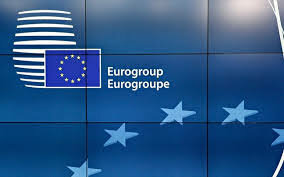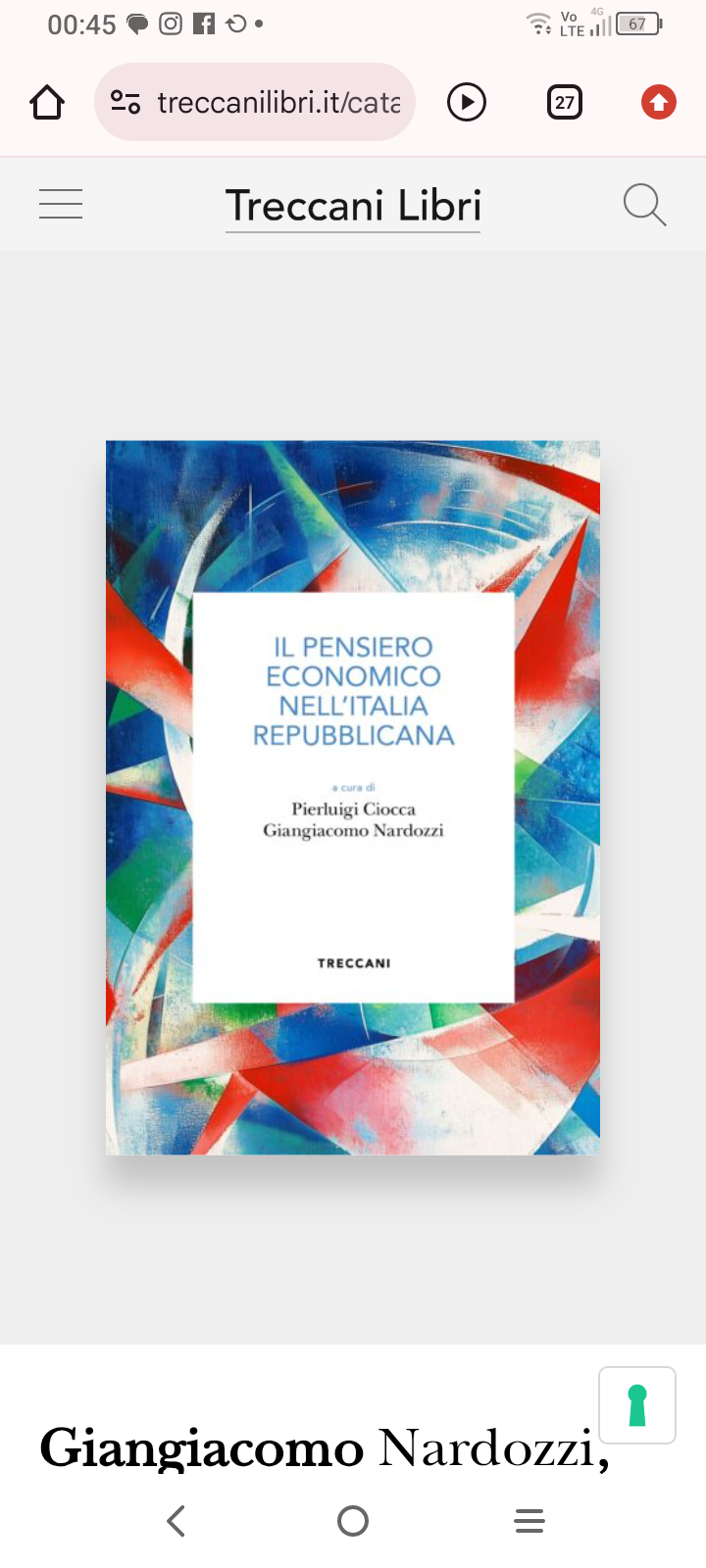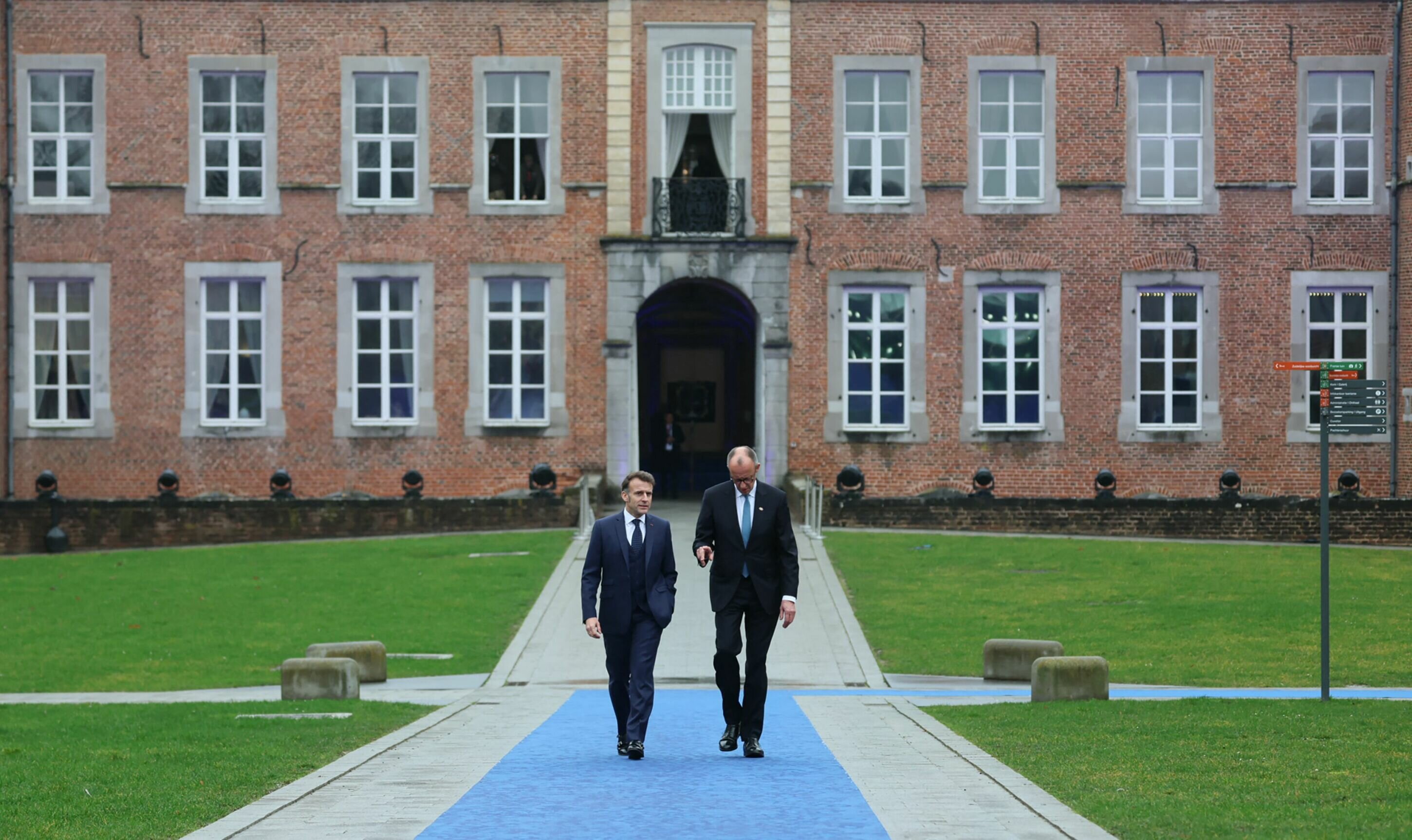EN - The European Commission (DG ECFIN) and the Belgian Presidency of the Council of the European Union organised an event to mark the publication of the mid-term evaluation of the Recovery and Resilience Facility (RRF). It took place on 9 April 2024, in Brussels, Art & History Museum (Cinquantenaire) and online.
The event was an opportunity to reflect on the results of the RRF so far, including concrete investments and reforms.
Remaining challenges and ways to ensure that the RRF achieves its objectives in the remaining three years were also examined.
Finally, it was an opportunity to discuss how the RRF, as an innovative funding instrument, could serve as an inspiration for further EU support to reforms and investments, as the need for strategic reforms and investments will remain high in the future. The Commissioner for Economic Affairs Paolo Gentiloni particularly insisted on this point. Gentiloni officially called for turning the bloc’s Recovery and Resilience Facility (RRF) into a “permanent” resource saying the “temporary nature” of the programme has so far prevented it from unleashing its full potential.
Important speakers spoke in the afternoon in this order:
Maarten Verwey, Director General for Economic and Financial Affairs, European Commission;
Niki Kerameus,Minister of Interior, Greece;
Thomas Dermine, Secretary of State, Belgium;
Heather Roy, Vice-President and Acting President, the Social Platform;
James Watson, Director of Economics,Business Europe.
IT - La Commissione Europea (DG ECFIN) e la Presidenza belga del Consiglio dell’Unione Europea hanno organizzato un evento per celebrare la pubblicazione della valutazione di medio termine del Recovery and Resilience Facility (RRF). Si è svolto il 9 aprile 2024 a Bruxelles, al Museo d'Arte e di Storia (Cinquantenario) e online. L'evento è stato un'occasione per riflettere sui risultati ottenuti finora dalla RRF, compresi investimenti e riforme concreti. Sono state inoltre esaminate le sfide rimanenti e le modalità per garantire che la RRF raggiunga i suoi obiettivi nei restanti tre anni. Infine, è stata l’occasione per discutere di come il RRF, in quanto strumento di finanziamento innovativo, potrebbe servire da ispirazione per un ulteriore sostegno dell’UE alle riforme e agli investimenti, poiché la necessità di riforme e investimenti strategici rimarrà elevata in futuro. Su questo punto ha insistito particolarmente il commissario agli Affari economici Paolo Gentiloni. Gentiloni ha chiesto ufficialmente di trasformare la Recovery and Resilience Facility (RRF) del blocco in una risorsa “permanente”, affermando che la “natura temporanea” del programma gli ha finora impedito di liberare il suo pieno potenziale. Nel pomeriggio sono intervenuti importanti relatori in questo ordine: Maarten Verwey, Direttore Generale per gli Affari Economici e Finanziari della Commissione Europea; Niki Kerameus, Ministro degli Interni della Grecia; Thomas Dermine, Segretario di Stato del Belgio; Heather Roy, vicepresidente e presidente ad interim della piattaforma sociale; James Watson, Direttore dell'Economia di Business Europe.
Antonio De Chiara @euroeconomie.it
.png)








